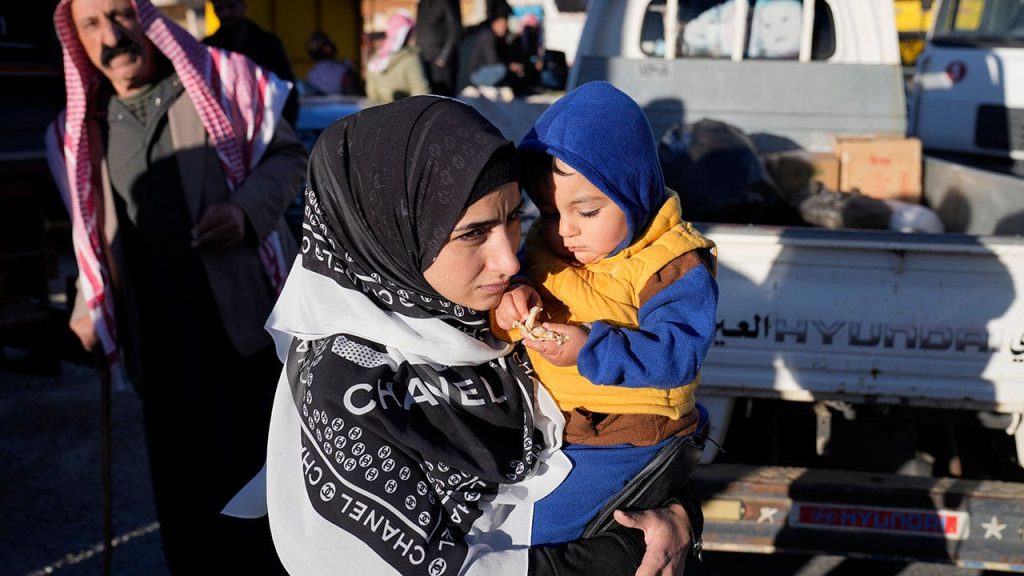On Tuesday, over 300 Syrian refugees returned to Syria from two remote northeastern towns in Lebanon, where anti-refugee sentiment has been surging. Lebanese officials have been urging the international community to help resettle refugees or facilitate their return to Syria. Lebanon, with a population of 6 million, hosts nearly 780,000 registered Syrian refugees, along with many more unregistered. Political parties in Lebanon have been increasingly vocal in demanding the return of Syrian refugees.
Lebanese security forces have stepped up deportations of Syrians this year, although not to the extent proposed two years ago, when the government planned to deport 15,000 Syrians per month to what they deemed “safe areas” in Syria. Tuesday’s convoy from the towns of Arsal and Qaa included 330 refugees who signed up for voluntary repatriation. Many Syrians facing compulsory military service or political persecution are hesitant to return to Syria, where an ongoing economic crisis has left millions in poverty. Some refugees in Lebanon have attempted to reach Europe by sea.
Major human rights organizations remain skeptical of the voluntary nature of refugee returns in Lebanon, citing anti-refugee hostility. Amnesty International and others have documented cases of refugees being detained and tortured by Syrian security agencies upon return. The UNHCR has emphasized the importance of voluntary returns based on informed consent. However, the challenging conditions faced by refugees in Lebanon make it difficult for them to make decisions about returning to Syria.
Amid donor fatigue, the UNHCR has reported that nine out of 10 Syrian refugees in Lebanon live in extreme poverty and require humanitarian aid to survive. Lebanon’s ruling political parties have accused Syrian refugees of taking advantage of aid at the expense of Lebanese citizens, alleging that most Syrians in the country are economic migrants rather than war refugees. Lebanese officials have taken measures to crack down on undocumented Syrian workers in Lebanon.
The European Union recently announced an aid package of approximately $1.06 billion, with a portion allocated to security and border control to curb migration from Lebanon to Europe. While some Lebanese officials welcomed the aid, others viewed it as an attempt to bribe Lebanon into keeping refugees. The Lebanese Parliament is expected to discuss the EU package, with lawmakers likely to propose more refugee returns and a crackdown on refugees in the country. The situation in Lebanon highlights the complex challenges faced by Syrian refugees seeking to return home amid ongoing conflict and economic hardship.













